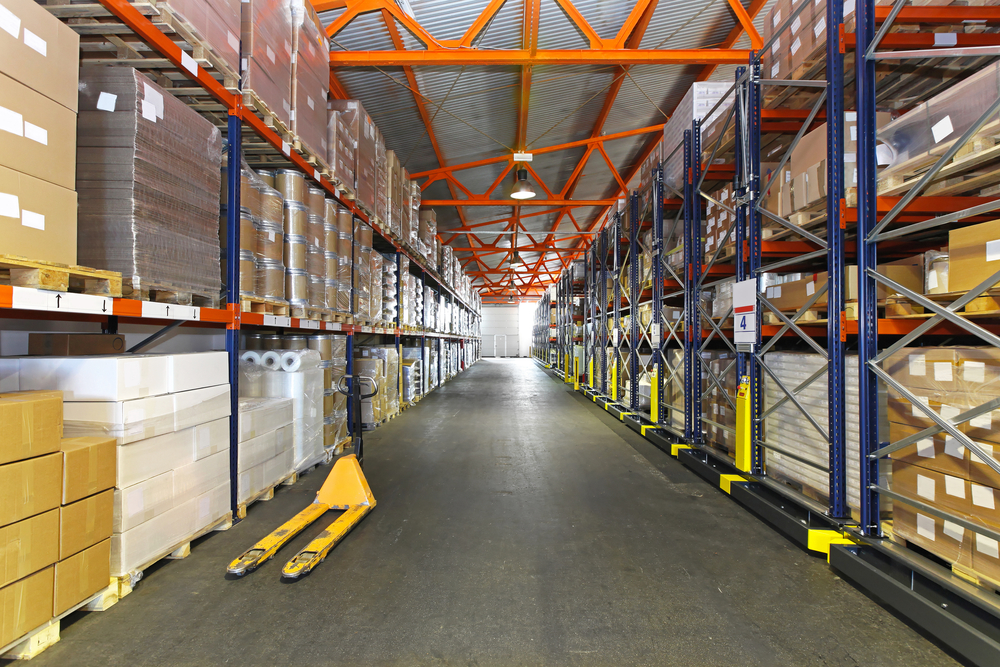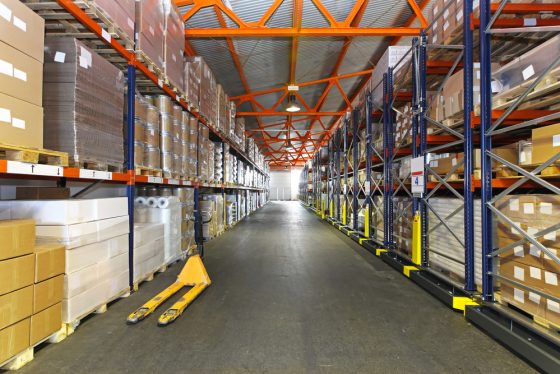Dutch work most in evenings and Sundays in Europe: research


Almost three in 10 Dutch people sometimes work evenings and one in five work on Sundays, particularly in e-commerce, researchers at Belgium’s Leuven university have found.
The number of evening workers is much higher than the European average which is 13.7%, the researchers said. And the number of Dutch people working on a Sunday went up by 20% compared to 2006.
Flexible shop opening hours and same day delivery of packages contribute to the flexible Dutch economy, the researchers say.
‘It’s partly to do with the rules and regulations. Belgium has very strict rules regarding working in the evenings and on Sundays, and in some instances it is simply not allowed. In the Netherlands the law is more flexible and e-commerce is taking advantage of this,’ Leuven researcher Sarah Vansteenkist told het Parool.
The flexible working hours result mainly in low-skilled jobs in the service sector and distribution centres of webshops like Bol.com or Wehkamp, the paper said.
According to labour market expert, Ton Wilthagen flexible laws regarding working hours has enabled economic growth. ‘But that doesn’t mean there are no rules at all. Unlimited night shifts are not allowed here either,’ he said.
More women than men work weekends, the research showed. ‘Women work in care more often, which involves working at the weekend, and that will only increase with an ageing population. Teachers, who are predominantly women, prepare for the week at the weekend as well,’ the paper quotes Vansteenkist as saying.
Wilthagen said that contrary to night work, working at the weekend and in the evening is not bad for health. ‘If you are happy to work those hours, and most people who do are, then there is no problem,’ he said.
Thank you for donating to DutchNews.nl.
We could not provide the Dutch News service, and keep it free of charge, without the generous support of our readers. Your donations allow us to report on issues you tell us matter, and provide you with a summary of the most important Dutch news each day.
Make a donation